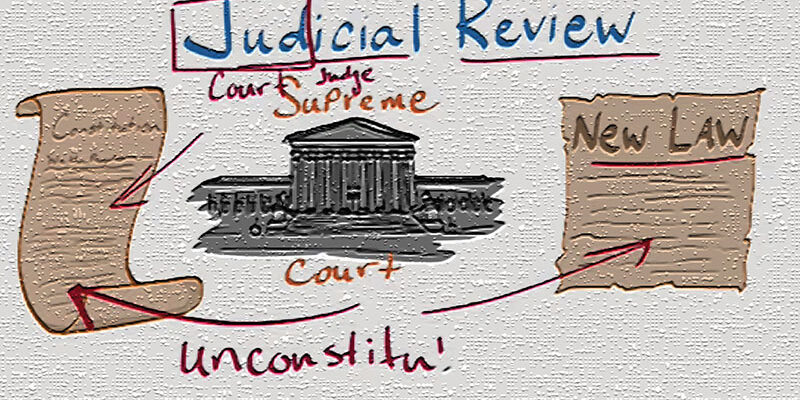
Appeal Process and Judicial Review in Iran
The structure designed in the Iranian Code of Civil Procedure for judicial review is in line with rules prevalent among civil law systems. There is a two-step mechanism, which concerns substantive matters, reinforced with final review of the Supreme Court.
Principle of Two Step Judicial Process
The review mechanism in Iran is based on the principle of two step judicial process. it means almost all cases coming before the courts must at least be adjudicated twice. There is also a third step, namely the supreme court review, but this review is not substantive and is only concerned with formal deficiencies.
Trial Courts and Appellate Courts
For civil matters, the courts are organized in two levels of hierarchy: courts of first instance or trial courts, and courts of second instance or appellate courts. Both courts are engaged with substantive matters; however, the process in the trial court is longer, more adversarial and more detailed, while the appellate court is more focused on one or two grounds, even though they are legally bound to review the case ultimately and beyond the grounds expressed by the appealing party.
ALL Cases are Appealable
Article 330 of the Code of Civil Procedure (CCP) makes an impression which is not practically right. According to this article, all the judgments issued by the courts of first instance are final, unless those excepted by the following articles. But when you read the article 331, it transpires that virtually all the judgments issued by the courts of first instance are disputable. The first paragraph of this article includes all the financial disputes valued at more than three million Rials. The second one includes all non-financial disputes.
Exceptions to the Principle of Two Step Judicial Process
However, the note under the article 330 enumerates two situations where the usually appealable judgments turn into final. First, when the judgment issued is based on the confession of a party, as a sole evidence or the most important one, and the next is, when the parties to the dispute have already agreed to the finality of the judgment in writing. Nonetheless, even these judgments are disputable as to the competence of the court, means either jurisdiction issues, or the competence of judge (independence issues).
Click on the link below to read more:
Comments
Post a Comment